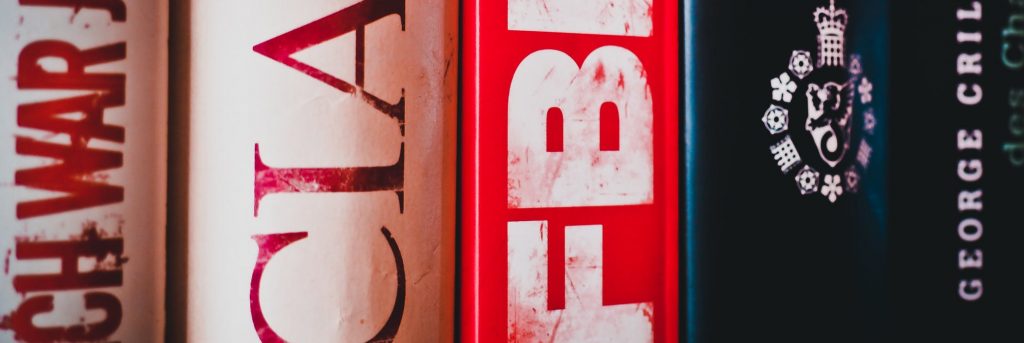Let’s explore some of the most interesting stories that have emerged from Chicago business schools this week.
Conspiracy Theories Abound. Here’s How to Curb Their Allure – Kellogg Insight
Northwestern Kellogg Clinical Professor of Management and Organizations Cynthia Wang took a social psychological approach to understand what drives conspiratorial perceptions like Pizzagate, and “what are things that can be done by organizations that can prevent this mindset,” highlighted in a recent release from Kellogg Insight.
Wang co-authored a new paper with UCLA’s Jennifer Whitson, Penn State-Erie’s Joongseo Kim, Ohio State’s Tanya Menon, and Ball State’s Brian Webster, which finds that “individuals who exhibit a desire to take action in pursuit of their goals are less prone to conspiratorial thinking.”
The group began to focus on “regulatory focus theory (RFT), which looks at how people go about achieving their goals.” Kellogg Insight explains:
“RFT proposes two main strategies. People with a “promotion-focused” orientation aim to do everything in their power to achieve their hopes and dreams. In this mindset, individuals believe they can shape their future, suggesting that they feel a high degree of control over their environment. Those with a “prevention-focused” orientation, on the other hand, act diligently to protect the security they already have.
The researchers hypothesized that prevention-focused people might be more prone to believe conspiracy theories because conspiracies can feel like a threat to their security. The team suspected that people with a promotion focus, however, would be more skeptical.“
The team surveyed three groups of people, including military personnel and college students. Consistently, they found that people who were more “promotion” focused thought they had more agency in what happens to them, and therefore more control. In this frame of mind, those that felt they had more control were less susceptible to believe conspiracy theories.
You can read more about the group’s research here.
Yuxuan Tang is Ready for His 48 Hours of Fame – Gies School of Business Blog
Gies College of Business senior Yuxuan Tang was one of four University of Illinois students drawn from the Illinois MakerLab and selected to compete in Season 3 of the PBS show Make 48, a “televised national invention competition that gives teams 48 hours to come up with an idea, create a prototype, and present their idea to a panel of judges.”
Tang writes, “It’s an honor. The competition is like a sped-up creation process. Being able to make the model is important, but the rest of the team should diversify. You need some people to see ‘How’s the market? What do customers think of this service?’ That’s what business people do.”
You can read more about Tang’s work here.
Graduate Students Tackle Issue of Clean Water in Haiti – Quinlan School of Business Blog
Loyola’s Masters of Social Justice student Josh Goralski spoke with the Quinlan School of Business Blog about his social enterprise, which “focuses on building water filtration businesses [in Haiti] funded through micro-financing.”
This idea is an extension of a business idea he and his undergraduate classmates at Rockhurst University developed to address the 5,700 Haitians water-related diseases claim each year. According to the article, “52.4 percent of Haiti’s rural population does not have access to clean water.”
Loyola student Josh Goralski, pictured in Haiti / Photo via luc.edu
“Water filters would be sold by local community members. The sellers would be trained and certified to micro-finance the filters affordably for their community members.” According to the article, the ceramic water filter that the Haitian water enterprises sell can “provide clean water for a family of five for up to 10 years with little maintenance, and save families $400+ USD over 10 years.”
Goralski writes that his goal is to “empower communities. We wondered, how do we work with a local community partner, provide access to business education training, and empower these communities?”
You can can read more about Goralski’s work here.
